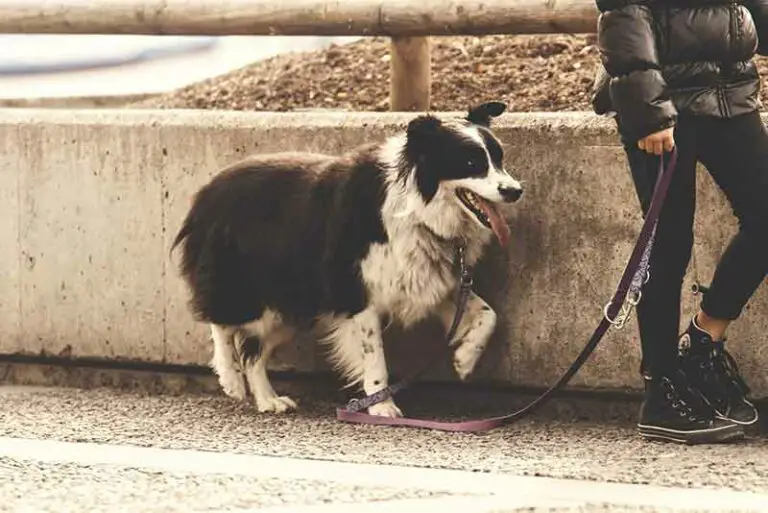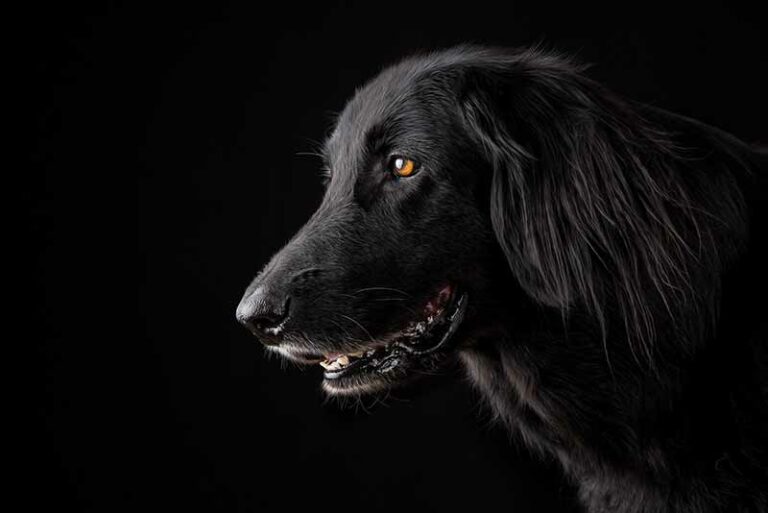Does The Weather Affect Dog Behavior? Winter & Summer Comparison
When the world revolves around the sun, the planet experiences various seasonal changes. While some days are sweltering, some days are cooler than we would like to go out.
So, when our body feels these changes, our behavior is constant most of the time because we can change our lifestyle to match the seasonal changes. But since our dogs cannot do that, does the weather affect dog behavior? Let’s check out.
So, does the weather affect dog behavior? You must have noticed some changes in dogs during weather changes, such as being lazy and aggressive. They will not get much better when the summer season peaks; studies have also found that dog bite reach a staggering number when the days are sweltering. During winter, some dogs like Newfoundland, husky, and Samoyed will be more active while others will sleep through most of the day curled up in a ball.
Does Weather Affect Dog Behavior?
The short answer to this is a straight “YES.” Dogs depending on their breeds undergo different changes in their behavior.
And it is imperative that dog owners get informed about these changes to make sure that the dog is not uncomfortable during these seasonal weather conditions.
Now let’s see what changes are caused by the main two seasons; the summer and the winter.
Do dogs change with the weather? Changes In Dog Behavior During Summer
Although we humans change our clothing patterns and fashions during the hot weather, our bellowed dogs have no way of shedding off their beautiful yet uncomfortable-during-winter fur coats.
Therefore, our pets are forced to bear the heat somehow and adjust to these un-preferred conditions.
Many dogs who are battered down from high heat keep their tongues out and pant heavily. It is one of the mechanisms used by dogs to reduce body heat.
They will dig holes in shady places in the garden and sleep there on the cold soil. They will always try to relax in cool and dark spots in the house and will become lazy and refuse any kind of activity if their lives are not dependent on it.
And another significant change in dog behavior that happens during the summer is that they get aggravated quite easily.
Recent studies conducted have revealed that the number of dog bite incidents all around the world rises staggeringly during the hot season.
Moreover, they slow down during walks which they were excited about during the other seasons, especially when the temperature is at preferable levels.
They will lose appetite, but there are sometimes when the pet gets exceedingly hungry. The body stimulation they get during the cooler days will drop drastically, making them susceptible to uncharacteristic behaviors.
So, dog parents who are concerned that weather affects dog behavior now know how the summertime alters your pet’s behavior.
Continue reading to check how winter changes your beloved doggo’s behavior.
Do dogs act differently in winter? Changes In Dog Behavior During Winter
Just like the summertime when days are exceedingly hot, when days are cold during the winter, it affects the same to dogs. But several dog breeds are thriving in this season.
These dog breeds are developed to live in colder climates, working and enjoying their lives. Some of these dog breeds are,
- Siberian Husky
- St. Bernard
- Newfoundland
- German shepherds
- Mountain dogs
- The great Pyrenees
Therefore, if you own either one of the above dogs, you can rest assured that your pet will act his most during this weather.
But other dogs who are not much adapted to this extreme weather may experience various changes in their usual behavior.
Many short-coated dogs enjoy sleeping under thick blankets and cuddling with their owner because the energy levels in their body will drop down due to the short days.
Your dog – if not from a breed adapted to winter weather – may spend most of their curled up in their beds and refuse to go out. You may need to turn on a heater or put some more firewood in the fireplace to keep your pet warm and happy.
Although dogs get aggressive during the summer, during the winter, they altogether abandon their activities and become much lazier than ever.
How To Relax Dogs During Seasonal Changes?
When trying to figure out “does weather affect dog behavior,” you must also stay focused on how to relax a dog during these weather changes.
During the hot weather, if the temperature is above 72 degrees, it is better to slow down a dog’s schedule.
It might mean that you shorten the walking distance and postpone the game of tag or fetch you were thinking of having with the pet.
Since the dog is trying to reduce his body temperature by panting heavily, this and the heat will make him more thirsty than usual. Therefore, ensuring that he has access to a clean bowl of cool water all the time is imperative.
Moreover, let him dig and crash outside, or you may give him a wet towel or an air cooler for your pet. Nonetheless, keeping dogs cool and relaxed during scorching weather is essential since they are much more susceptible to heat strokes.
Additionally, during the winters, when days are much shorter, avoid bathing the dog if the bath is not that necessary.
You may provide him with a safe, warm, and cozy place to lie down and sleep. Keeping the home warmer by using a heater or a fireplace may also cheer up the dog.
And when there is snow or rain, it is not an option to take the dog on a walk or a run or go to the nearest dog park to let him socialize with other pets.
And this causes stimulation deficiencies, and the dog will lack daily exercises. For this, you can improvise and play with the dog indoors or recreate a game to match the season.
Now because you are well aware of the answer to how weather affects dog behavior, you can easily make your dog relaxed and comfortable during the extreme seasons.
If you have any more questions related to this matter or regarding your doggo friend, don’t forget to forward them to us. We promise to do our best and answer all your canine-related problems.
Stay tuned with Jack Russell Owner for more interesting posts about your pet friend.








